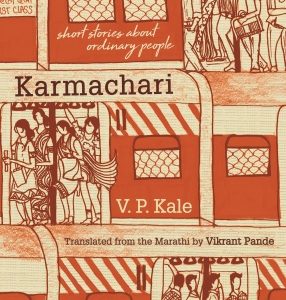
Harper Perennial

Showing all 24 books
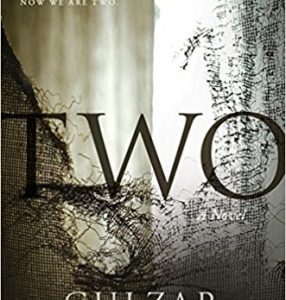
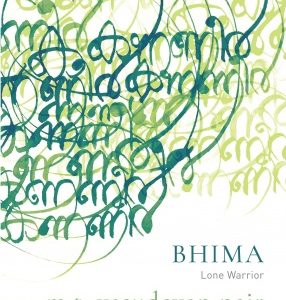
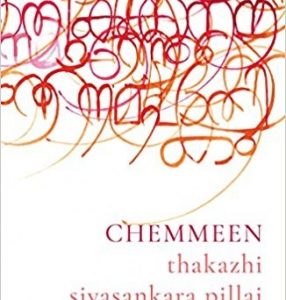
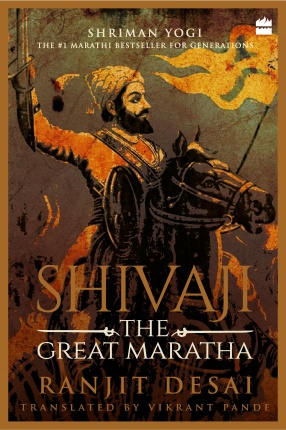
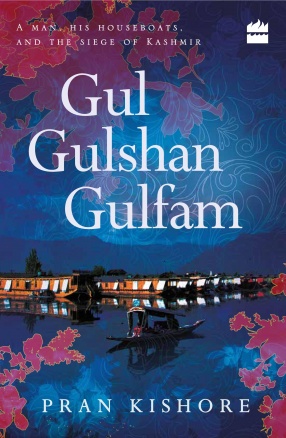
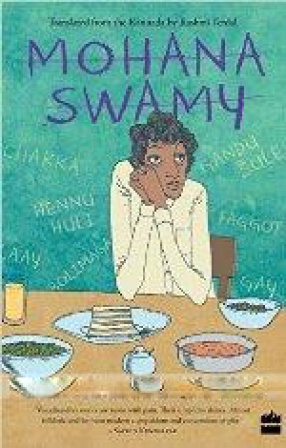
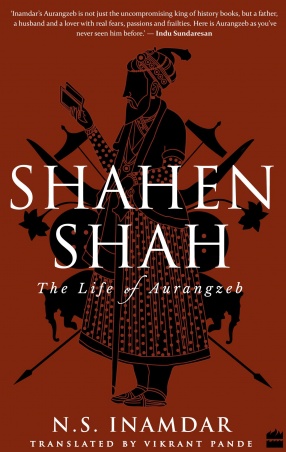
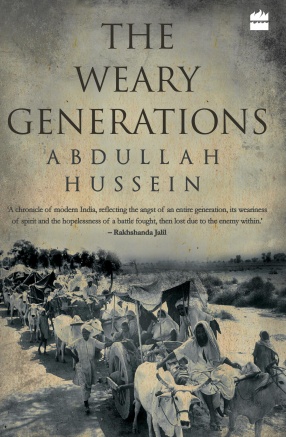
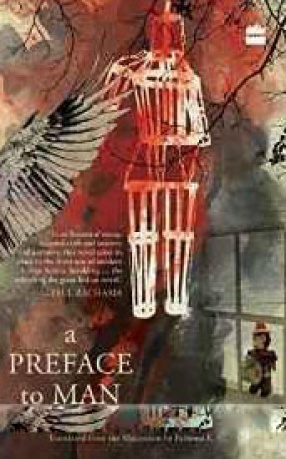

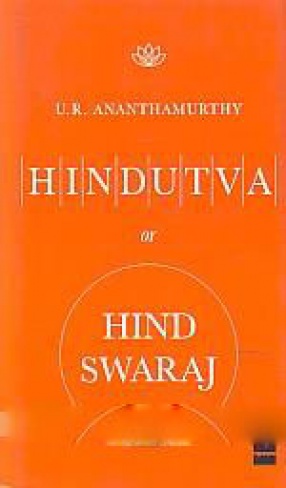
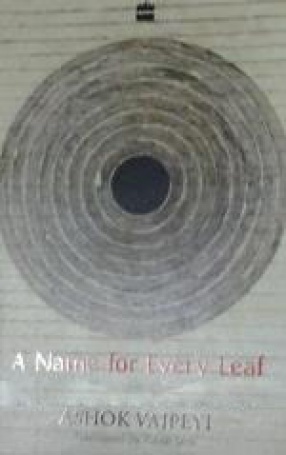
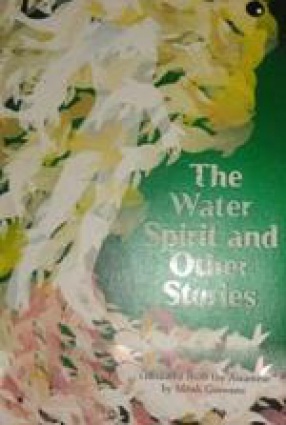
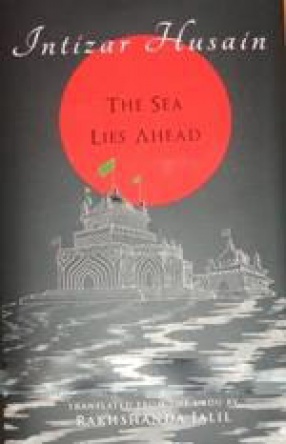
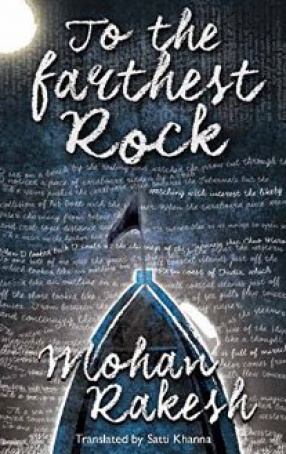
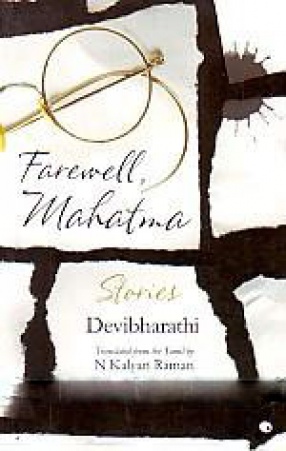
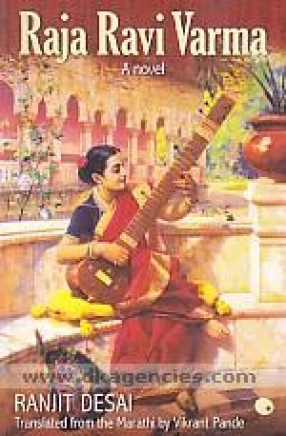
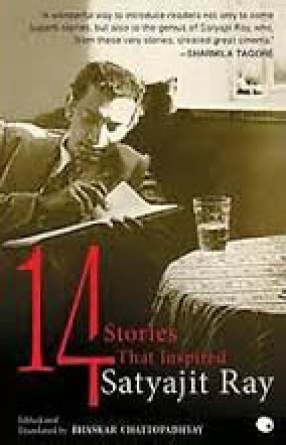
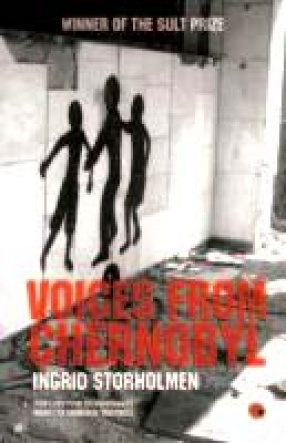
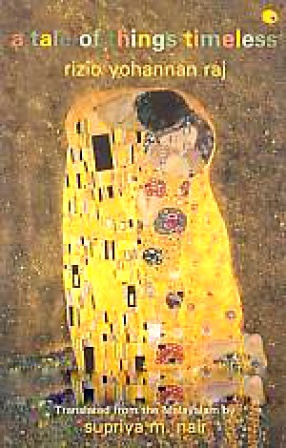

You who stand in a queue, who try to board a running local, who tolerate your boss’s snide remarks and the trials and tribulations of marital life - you still manage to discuss politics with enthusiasm, to finish a game of cards, to laugh and to make others laugh … You are a true karmachari. A collection of unforgettable short stories about ordinary people, Karmachari is a mirror held up to society. Set in suburban Mumbai of the 1970s, yet universal, ...

It’s the winter of 1946. A truck leaves the village of Campbellpur after news of the impending Partition pours in. It is carrying people who don’t know where they will go. They have just heard words like ‘border’ and ‘refugee’, and are struggling to understand how drawing a line might carve out Pakistan from Hindustan. As they reach the border, the caravan disperses and people go their own ways. Gulzar’s first novel ...

This is the story of Bhima, the second son, always second in line - a story never adequately told until one of India’s finest writers conjured him up from the silences in Vyasa’s narrative. M.T. Vasudevan Nair’s Bhima is a revelation - lonely, eager to succeed, treated with a mixture of affection and contempt by his Pandava brothers, and with scorn and hatred by his Kaurava cousins, Bhima battles incessantly with failure and disappointment. He ...

First published in 1956, Chemmeen tells the story of the relationship between Karutthamma, a Hindu woman from the fishing community, and Pareekkutty, the son of a Muslim fish wholesaler. Unable to live with the man she loves, Karutthamma marries Palani, who, despite the scandal about his wife’s past, never stops trusting her, a trust that is reaffirmed each time he goes to sea and comes back safe since the sea-mother myth among the fishing community is that ...

The epic text of Ranjit Desai’s Shriman Yogi finds new voice in Vikrant Pande’s nuanced translation, an immersive narrative of the foundations of the Maratha empire and the saga of its charismatic founder.’ - Namita Gokhale. Young Shivaji reaches Pune, a dying fort city, with his mother Jijabai and lights the first lamp within its ruins. While his father Shahaji Bhosle is away on deputation by the Adil Shah sultanate after having failed in a ...
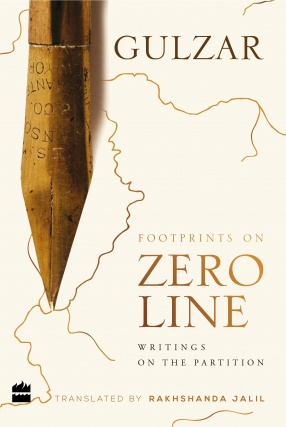
The Partition of 1947 has influenced the works of an entire generation of writers and continues to do so. Gulzar witnessed the horrors of Partition first-hand and it is a theme that he has gone back to again and again in his writings. Footprints on Zero Line brings together a collection of his finest writings – fiction, non-fiction and poems – on the subject. What sets this collection apart from other writings on Partition is that Gulzar’s ...

It’s the nineties and Kashmir is in turmoil. The tourism industry has taken a big hit and the youth are disillusioned, with no jobs or hopes for the future. In this climate, Malla Khaliq waits day after day for guests to arrive at his three beloved houseboats – Gul, Gulshan and Gulfam – on the Dal Lake and struggles to keep his three sons together. While Noor Mohammed loves his father and tries to keep the faith, despite evidence that business ...


Aurangzeb must rebel against his father, and compete with his brothers, especially Darashikoh who is Emperor Shah Jahan’s favoured son, to become the shahenshah of India and sit on the Peacock Throne. In politics, after all, trust and betrayal are two edges of the same sword. Meanwhile, in his zenankhana, the begums, constantly worrying about inheritance and bloodlines, grow jittery at the arrival of Hira, a mere concubine, who seems to have all of ...









In 1952, at the age of twenty-seven, Mohan Rakesh undertook a journey to south India, travelling by bus, train and steamer along the western coast from Bombay to Kanyakumari. Young and ardent, he dreamt of the wide expanse of sea that would make up for a childhood spent in Amritsar's narrow lanes, and had visions of comely guides who would look kindly upon his wandering. But once he set out from Delhi on a train to Bombay, his visions slipped away and complex ...



An anthology of short stories that master film-maker Satyajit Ray adapted into films.
A rich zamindar has a dream that his daughter-in-law is an incarnation of Kali; a clerk’s life turns upside down when he stumbles upon a magical stone which can turn any base metal into gold; a housewife steps out of her lowermiddle-class household into the big city to work as a salesgirl,and is awestruck by its labyrinthine ways; blessed with three magical boons from the ...
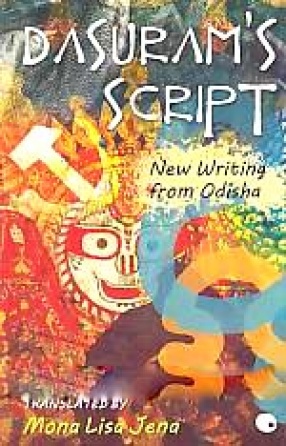
Monalisa Jena is a well-known storyteller, poet and translator.As a journalist,she iswidely acclaimed for her reportage on Odia society and culture.Her poetry and stories largely focus on human relationships and (through her deeper reflections) andmeditations she reveals the grief and ecstasy that inform human loveand entanglement.

Winner of the Sult Prize 2010 Nominated for the 2009 Critics' Prize Nominated for the 2009 Brage Award Nominated for the 2009 Youth Critics' Prize.
Chernobyl, 26 April 1986. Things were ruined overnight in that quiet town of Ukraine. An experiment to produce electricity from the residual energy in the steam generator of Reactor Four at the Chernobyl Nuclear Power Station went horribly wrong, bringing on an explosion that blew away the reactor's roof and set afire ...

